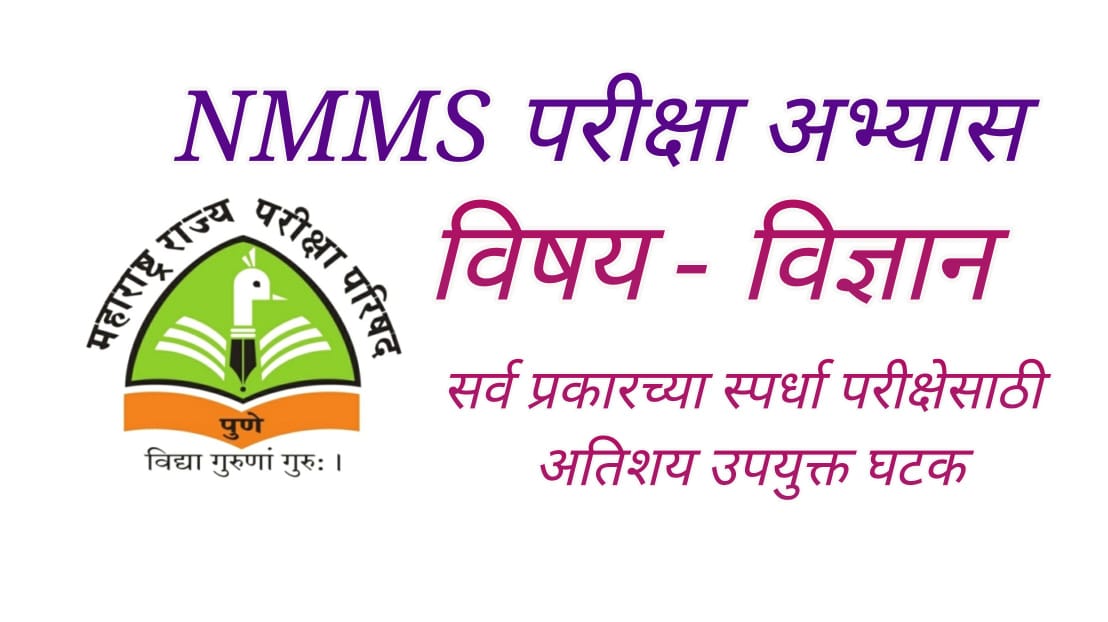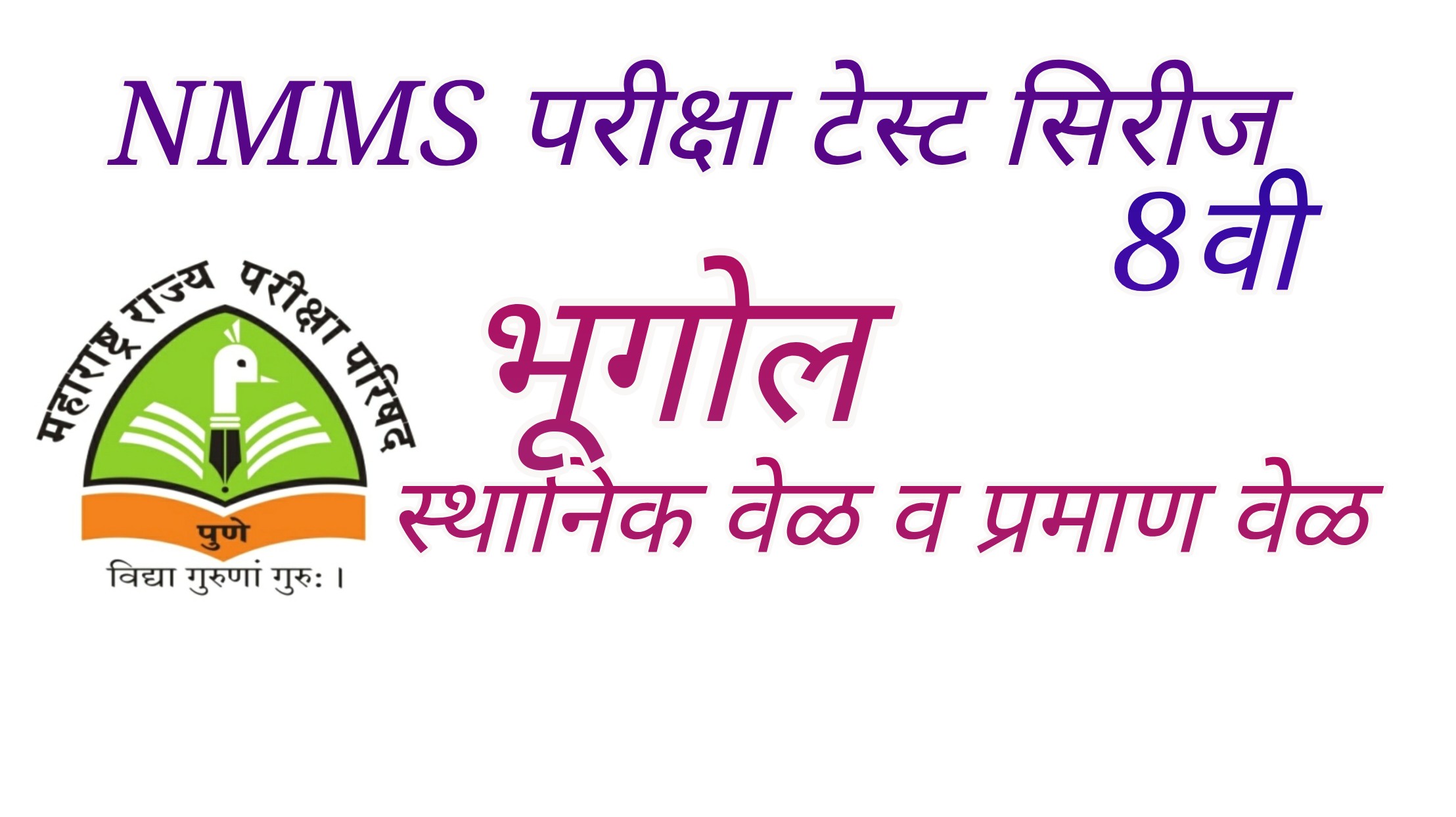The future tense is used to talk about actions or events that will happen in the future. In English, there are different ways to form the future tense:
Using “will” + base form of the verb:
Example: “I will go to the market tomorrow.”
Using “be going to” + base form of the verb:
Example: “She is going to study for her exams tonight.”
Using the present continuous tense:
Example: “They are playing football tomorrow.”
Using modal verbs like “can,” “may,” “might,” “shall,” “should,” “must,” “ought to,” etc.:
Example: “He may join us for the party next week.”
Remember, the future tense is used when talking about things that haven’t happened yet but will happen later.
- Tomorrow, I will visit my grandmother.
- She will attend the school picnic next week.
- He will complete his homework before dinner.
- We will watch a movie on Saturday.
- They will clean their room after lunch.
- Next month, I will start learning guitar.
- She will bake a cake for her friend’s birthday.
- He will play cricket with his friends tomorrow.
- We will go for a family trip during summer vacation.
- They will plant trees in the school garden.
- Next year, I will participate in the science fair.
- She will take her dog for a walk in the evening.
- He will buy a new bicycle next month.
- We will have a picnic in the park next Sunday.
- They will visit their grandparents during the holidays.
- Tomorrow, I will meet my friend at the library.
- She will study for her exams tonight.
- He will join a dance class next week.
- We will celebrate Diwali with our relatives.
- They will watch a football match on TV tomorrow.
- Next year, I will learn how to swim.
- She will cook dinner for the family tonight.
- He will read a book before going to bed.
- We will visit the zoo next weekend.
- They will play games at the birthday party tomorrow.

